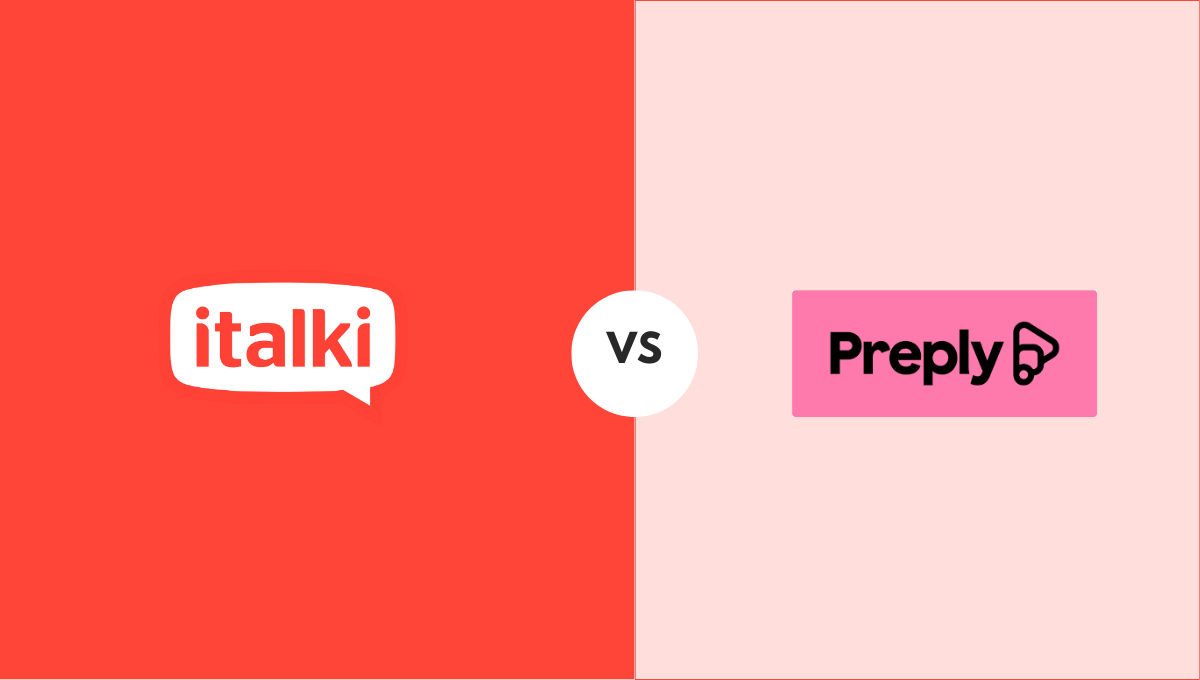Saying “yes” opens up more opportunities, richer experiences, and surprises in life. It’s thrilling to discover what’s behind the next door and be a part of what’s happening around you. Learn to say ‘yes’ in German to avail different opportunities in life.
Learning to say “yes” in German is a good place to start. However, don’t stop there. There are numerous excellent resources available to help you read and speak the language fluently.
If learning German is your ultimate goal, we recommend you explore italki. This is a leading language learning platform with a large number of online German tutors. These tutors are experienced in having engaging and fascinating teaching practices. You can book one-on-one lessons with them with just a few clicks.

Find Your Perfect Teacher
At italki, you can find your German tutor from all qualified and experienced teachers. Now experience the excellent language learning journey!
Book a trial lesson
Nothing motivates you more than being able to apply what you have learned in the real world. You can practice your comprehension skills by watching free German television. Keep an eye out for characters’ quick responses, such as different ways of saying “yes”.
Simple ways of saying “Yes” in German
Ja (yes)
The direct equivalent of the English word “yes” is ja, which is as basic as it gets. The “j” is pronounced like an English “y,” and the “a” is long.
Even if you are a complete beginner in German, you have probably heard of this term.
Okay (Okay)
Nobody knows where the word “okay” comes from, whether it’s Greek, Choctaw, or something else. What can be confirmed is that it is available in both English and German.
Ich stimme dir zu / Ich stimme Ihnen zu (I agree with you)
Here, we are indulging in the grammar of addressing someone formally or informally. If you’re addressing a friend or someone you know, Ich stimme dir zu is more appropriate. When the other person is a stranger, older, or of higher “status,” the phrase “Ich stimme Ihnen zu” is used.
Das klingt gut (That sounds good)
People probably say “That sounds good” way too often in English. Fortunately, it also works in German, so you can say Das klingt gut in German.
Gewiss (Certainly)
This is a good variation on ja for practicing your German. It’s worth noting that the “w” sounds more like the English “v.”
Sicher (Sure)
Sicher (sure) is a common phrase in German-speaking countries. You might as well use it.
Also gut (Ok, good)
This informal way of saying “I like what I’m hearing” makes you sound like a native German speaker.
More emphatic ways of saying “yes”
You can learn German on your own by expanding your vocabulary list. Remember, the more words and expressions you have at your disposal, the more accurately you can convey your thoughts and feelings. Some situations necessitate a stronger response. Make it clear to the other person that you are not just saying yes, but saying yes with attitude.
Jawohl (Absolutely/Affirmative/Yes sir!)
Something good is going to happen when you answer with Jawohl!
Klar (Of course)
Make it clear that the answer was obvious.
Bestimmt (For sure)
You’re not just agreeing, but agreeing with vigor.
Selbstverständlich (Obviously)
Certainly a long word, but one that will impress once you have mastered it. It might as well be added to the arsenal.
Natürlich (Naturally)
This word is quite similar to English. It means ‘naturally’.
Doch (Yes)
On this one, some grammar is required. Doch is an informal expression only used when responding “yes” to a negative question.
Now that you know different ways to say ‘yes’ in German, we will also discuss some words to say ‘no’ in German.
How to say may be in German
If you need more time to think about whatever you are being asked, try delaying your response with the following cautious responses:
– Vielleicht (Maybe)
– könnte sein (Could be)
– Wahrscheinlich (Probably)
How to say ‘no’ in German
Once word gets out that you are a “yes person,” there may be disreputable characters looking to take advantage of you. It’s never a bad idea to know how to say no.
– Nein (No)
– Nee (Naw)
– Nicht (Naw)
Note that both nee and nicht are informal. They can only be used in casual situations.
Frequently asked questions
Q. What is the English translation of Ohne Zweifel?
A. Ohne Zweifel literally translates as “without a doubt”.
Q. What is the English translation of Das ist wahr?
A. The English translation of Das ist wahr is ‘that is true’.
Q. Is nicht a formal or informal phrase?
A. It is an informal phrase used in casual situations.
Concluding thoughts
Now that you know how to say “yes” in German, you are ready to experience everything the German language has to offer. Here’s hoping it leads to new adventures, friendships, and opportunities. In other words, everything that learning a language is supposed to accomplish.
You can learn the contextual use of difficult German words such as bitte in German with italki. Get enrolled and be a fluent German speaker. We wish you happy learning!
Want to learn a language at italki?
Here are the best resources for you!



















